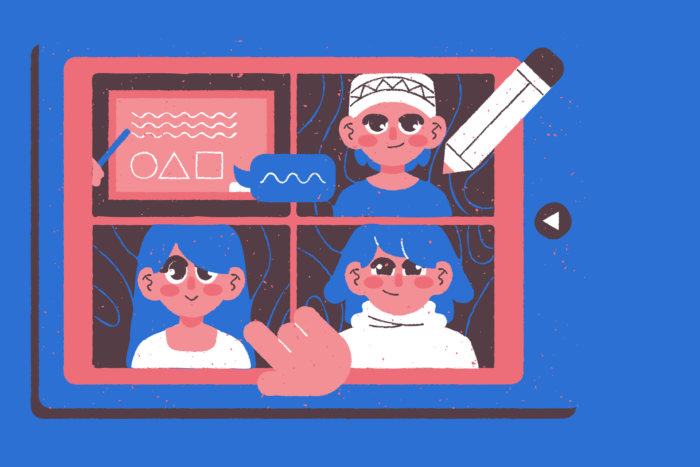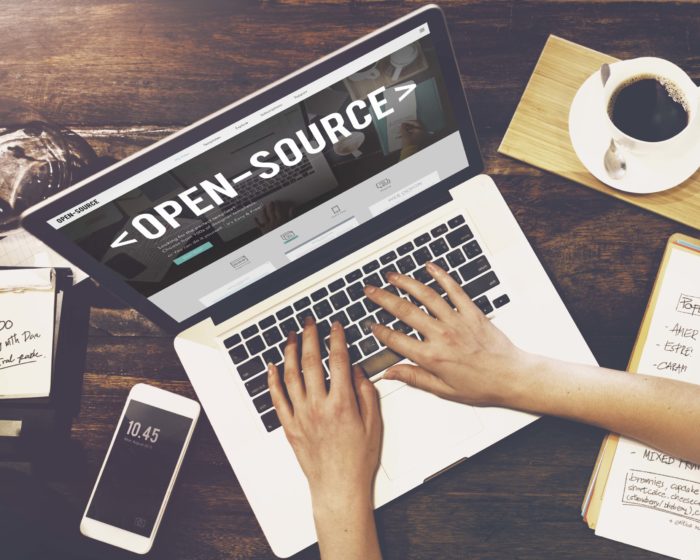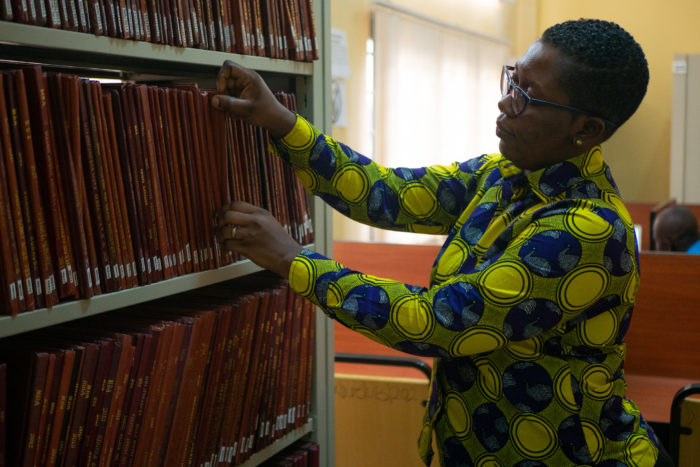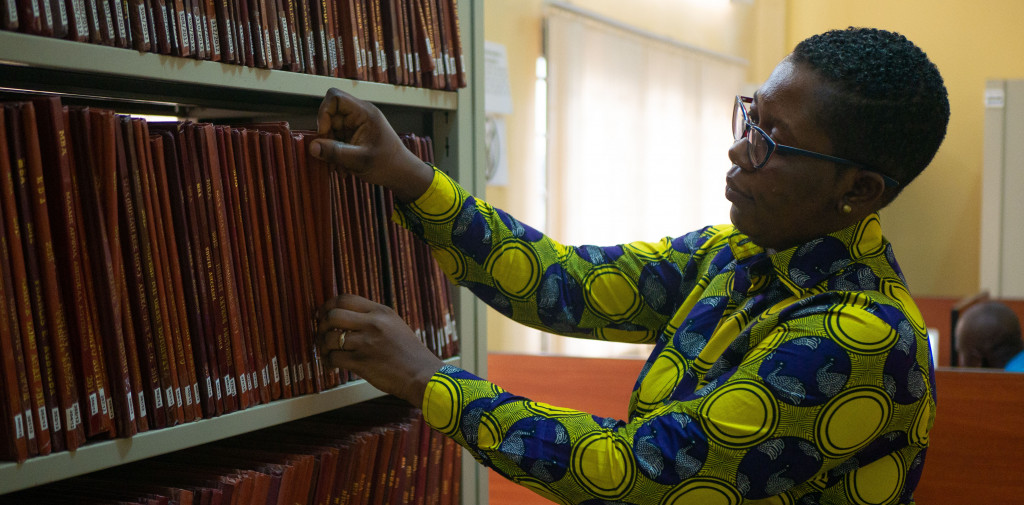The blogpost was written by Robert Jenkins, UNICEF, and Jaime Saavedra, World Bank and published on Education for Global Development on Mach 2, 2022. The blogpost is avaible at https://blogs.worldbank.org/education/remote-learning-solutions-resilient-education-systems-seven-resource-packs-guide . It is published here without any modification and with permission from the authors
At the height of the COVID-19 pandemic, as 1.6 billion schoolchildren were affected by school closures, countries around the world introduced remote learning as a crisis-response. This led to an unprecedented change in the provision of education. Most countries found themselves setting up remote learning at break-neck speed and often for the first time at scale, which contributed to large variations in the quality and effectiveness of remote learning programs.
Two years of disruptions to schooling has had a devastating impact on learning. But even before the pandemic, the world was grappling with a learning crisis, which has now worsened even further than previously feared. Pre-pandemic data show that half of ten-year-olds living in low- and middle-income countries were unable to read or understand a simple story, which is referred to as learning poverty. It is now estimated that learning poverty could reach 70 percent globally due to the learning lost to school closures.
Continue reading “Remote learning solutions for resilient education systems: Seven resource packs to guide governments and policymakers”




